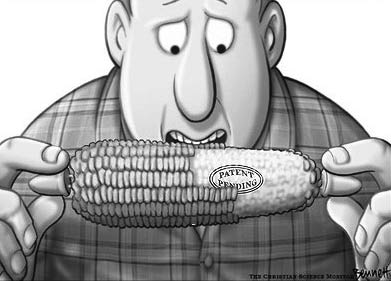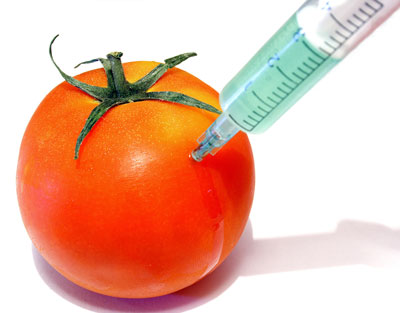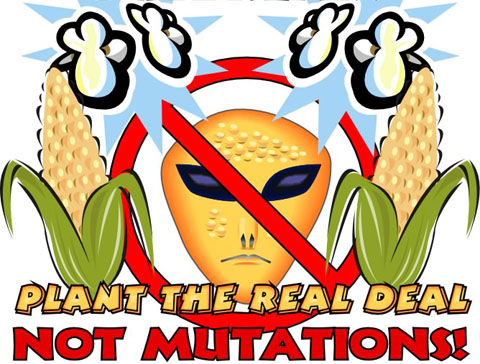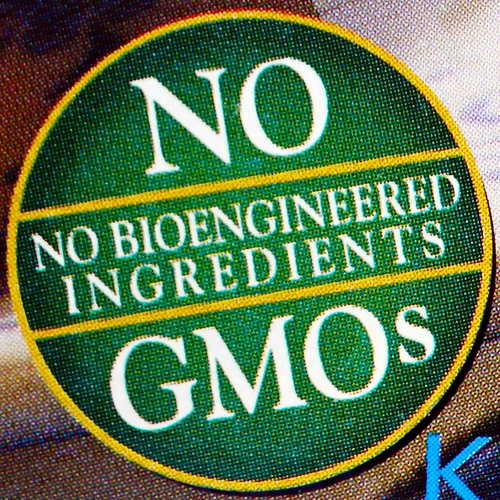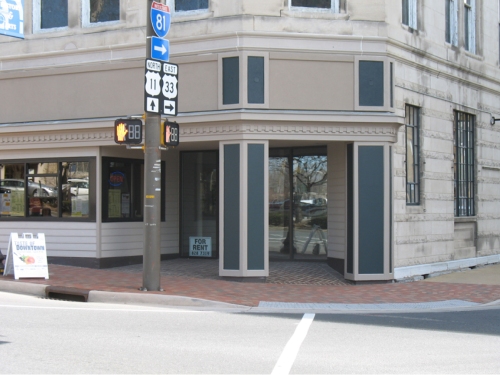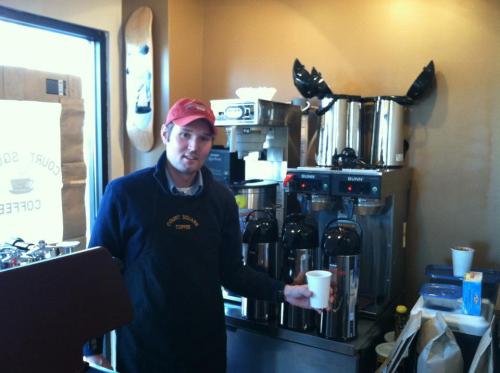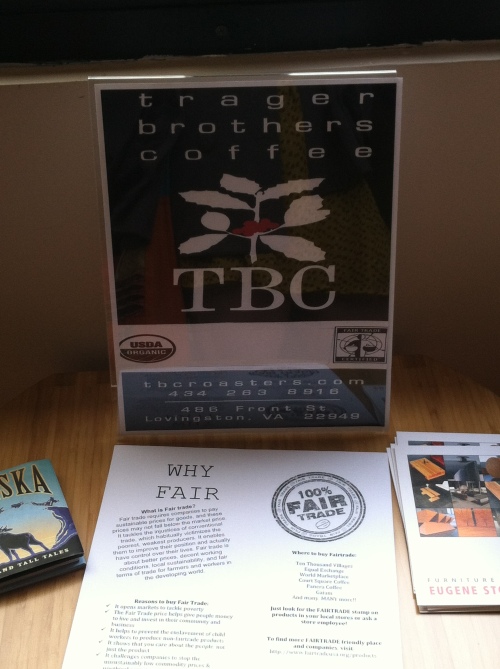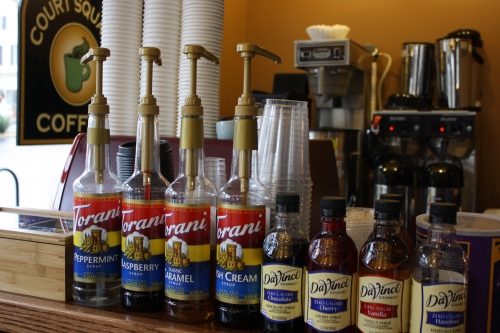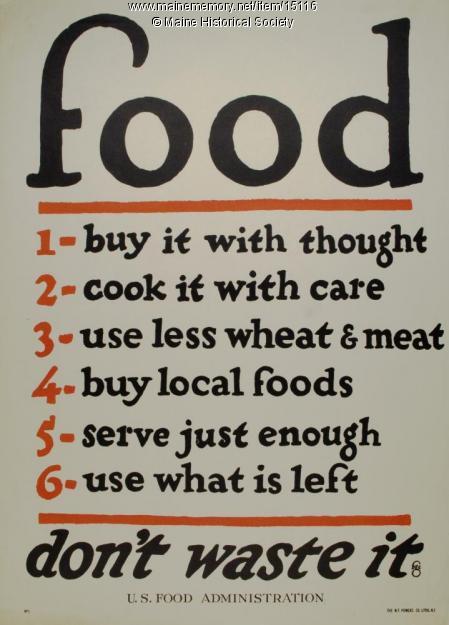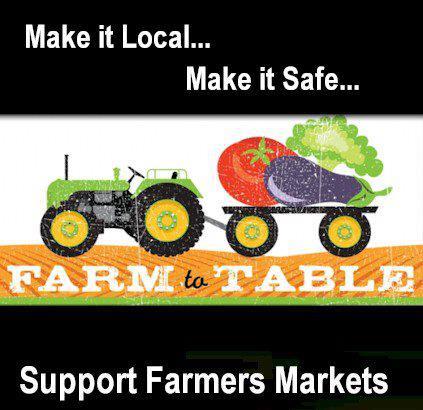A few weeks ago, I sat down with Bowl of Good’s general manager, Ben Bergey. Bowl of Good has gained a reputation for locally-sourced, honest-to-goodness food, and I wanted to get the inside scoop to see what the hype was all about. I knew that the restaurant has an awesome selection of good-for-you meals, but I was interested in their food politics, and why they choose to stay local.
Ben started off the meeting by telling me a little bit about Bowl of Good’s history. It all started about seven years ago, as a small café inside of Kate’s Natural Products (also located in Harrisonburg). Since that time, Bowl of Good has expanded, now having two locations in Harrisonburg—one off of Mt. Clinton Pike, and the other just off of Port Republic Rd, where I met Ben. Bowl of Good has always had a passion for local food, and valuing keeping business dollars in the local community. This passion is what drives the restaurant to keep as much of its food as possible locally-sourced.
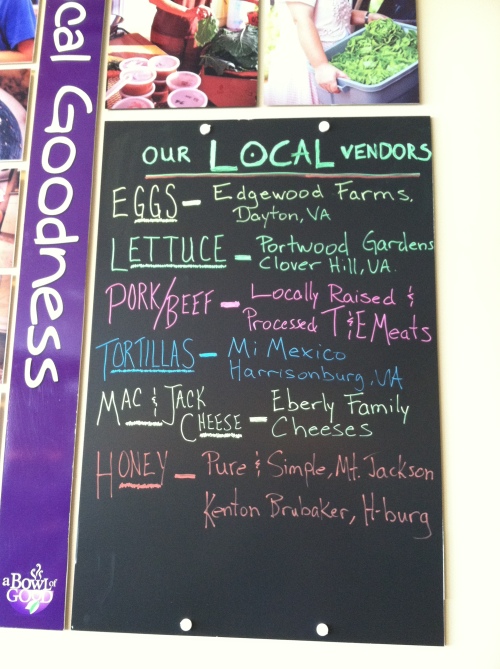
check out all these local vendors!
Bowl of Good draws its inspiration from a number of global culinary inspirations, while keeping local food sources in mind (from Global to Local—sound familiar?). The owner of the restaurant spent many years abroad, inspiring the diversity of dishes found on Bowl of Good’s menu. As a result, you can enjoy a Maharaja Bowl, my personal favorite, which has curried lentils over rice topped with organic yogurt, mango chutney, and a side of pita bread. Or, try the Out-of-Africa Bowl, featuring Nigerian chicken, bean and cabbage stew, and rice, topped with sour cream, green onions, and a side of 9-grain bread. There are also a number of Thai, Mexican, Italian, Greek, and American dishes to choose from. You can also try one of their awesome sandwiches, or a bowl of gourmet soup. Bowl of Good is also open early for breakfast, where you can enjoy one of their awesome dishes, like the Wake Up Wheatberry Bowl, for about four or five dollars.
Bowl of Good also features local music, and is actively involved in James Madison University initiatives for a better world. For example, Bowl of Good will be donating 10% of all proceeds to benefit the Shenandoah Valley Justice Initiative at JMU to end human trafficking. Speaker Anna Curfman will give a talk & JMU’s all-female a capella group, Note-oriety, will perform, and much more. Not only is this restaurant committed to sustainable food practices, but is also actively committed to making the world a better, more ethically-sound place to live.
When I asked Ben if they had a lot of business from JMU students, I was surprised to hear that the answer was, “eh.” While they get a decent flow of traffic from hungry Dukes, it’s not as much as they would expect, particularly considering its proximity to campus. We discussed why this may be, and Ben suggested that price may be an issue for some folks. Bowl of Good is labor-intensive, meaning the meals are made from scratch, on-premises, rather than pre-packaged. This inevitably drives the food prices up. However, when I took a look at the menu prices, the most expensive item I could find was $8.07—with the average meal costing around six bucks. Who said local food had to be more expensive?
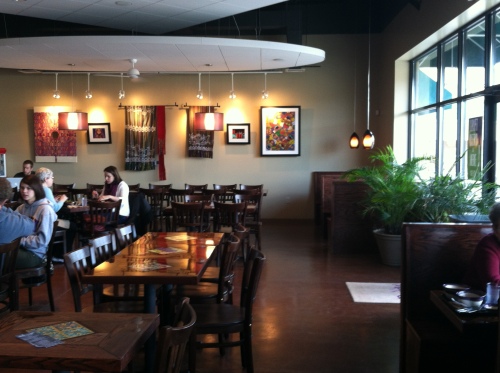
the global feel at A Bowl of Good isn’t limited to the menu–they’ve also nailed the cultural diversity in the restaurant’s ambiance!
However, I also considered that local bar AJ Gators, located right next door to Bowl of Good, is the business that attracts the most Dukes, especially on the weekends. If a student has the choice between buying a few rounds, or grabbing a homemade, locally-sourced, meal, he or she will more often choose the former option—leaving Bowl of Good to go largely unnoticed. When considering that most people don’t really care where their food comes from, local food won’t make a difference if you can grab wings and a brew for the same price.
To my fellow JMU students: we can do better—we DESERVE better. Bowl of Good provides us with a better, healthier alternative to the options afforded to us in corporate restaurants. With global inspiration and a local focus, Bowl of Good is committed to a better meal, and a better community, for all of us. Give it a try—you won’t regret it!
Want more information, hours of operation, the full menu, and updates on happenings at Bowl of Good? Check out their website at http://abowlofgood.com/
As always, happy eating, folks!
